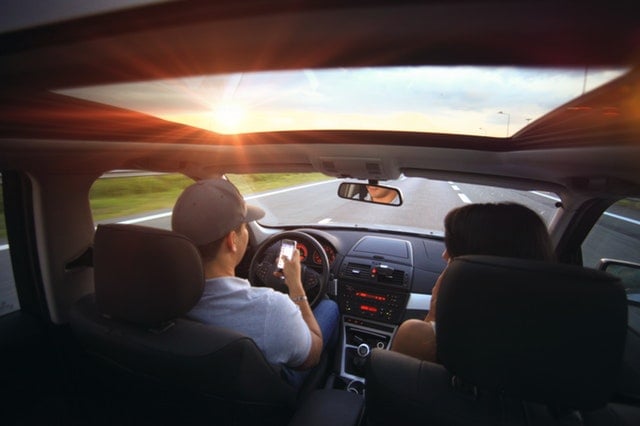The National Safety Council released an Injury Facts study in 2018 - the most recent data available. For the first time in the three years prior to that study, less than 40,000 people died in auto crashes.
In 2018, 277 million vehicles were registered and 39,404 people died on the road. That same year the number of motor-vehicle crash deaths peaked for the 25-to-44 age group and was lowest for children under 5 years old. The death rate per 100,000 population was highest for the 75-and-older age group and lowest for children 5 to 14 years old.
Keep Safety Top-of-Mind While Driving
It's important to remember travel do's and don'ts and to respect other vehicles on the road - especially big trucks and first responders - year round. Whether you're driving through Bowling Green, Nashville or across Kentucky and Tennessee this summer, here are some quick and simple ways to prevent injuries and unnecessary deaths:
- Get plenty of rest and good nutrition before leaving.
- Take breaks and stretch your legs every few hours.
- Share driving responsibilities with another passenger, especially on long trips.
- If you need to pull over on a highway, make sure your vehicle is completely off the road.
- Know the laws on your route, including cell phone laws and speed limits. They vary state-to-state.
- Don't drive distracted! Eating, putting on makeup, and texting can all wait until you get to your destination. If you DO need a snack, make sure it is a snack designed to be eaten while your eyes stay on the road, like a granola bar (and NOT a chili dog).
- Keep an eye on the skies and avoid driving during dangerous weather conditions.
- Make sure your car is in good working order. This includes your tires, battery, and proper fluid levels. If you plan on going on a LONG trip, you may want to consider having a mechanic check out your car before you leave.
- Keep a first aid kit in your car. You never know when an accident will occur or if you will get stranded.
- Do not drink and drive. You already know this, but even one drink, though it may not get you "drunk," can make you drowsy and affect your response time.
If we can all take safety to heart and obey traffic laws, we CAN help prevent meaningless deaths and injuries on our roadways.


